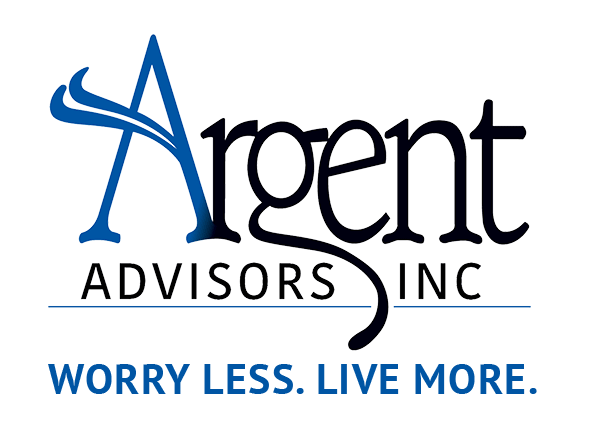Overcoming the Fear of "It's Not Enough"
Undefined dangers loom large in the mind.
Thus, they consume all our resources, emotional and financial, because they’ve got no clear boundaries. How do I ever set enough aside for an undefined danger? How can I ever know that I’ve saved enough?
Take the case of the man who grew up poor, never sure where the next meal would come from. And today, despite a successful job and money in the bank, he’s always worried that he’s going to need money and it won’t be there because his family might spend it on something that he calls “frivolous.”
I hope that you can you see how this leads to some very self-destructive behavior, financially and (ultimately) relationally. It’s just no way to live.
Financial hoarding is the opposite of the more common problem of over-spending and under-saving.
Consider this perspective: all of the money that you ever have is either going to be spent or lost or left to someone else, who will then have those same three opportunities.
When you save or invest money, you’re only deferring making one of those three choices.
If your “today self” doesn’t spend or lose the money, then your “future self” will have the opportunity to do the same thing. And if neither your “present self” or your “future self” spends or loses the money, then you’re going to leave it to somebody else.
As with so many things in life, balance is what you’re after here. But the key to finding that balance is only going to come with a carefully conceived financial plan.
Size up what the real problem is. Of these three possibilities that I suggested – spend it or lose it or leave it – financial hoarders fear the second – loss. “What if I experience a large, significant financial loss and therefore need a lot of money, fast?”
Okay, fine. Take a sheet of paper and write out all the financial worries that you can think of – car breaks down, roof needs to be replaced, somebody in the family gets really sick or becomes disabled or can’t work or you get fired or maybe you pile up a bunch of medical bills or maybe you even get sued or you lose money in the stock market or your house burns down…are you worried yet?
Face reality. Look at that list and place a check mark by any of those problems that all the money that you’ve saved so far would take care of. And then place an “x” by the ones that you still don’t have enough money to handle.
I’m going to bet that you’ve got more x’s than check marks. Think about it – all the saving (or even hoarding) that you’ve got is not going to make you completely safe. If that’s true, then maybe it’s time for a change of strategy.
Get help. The reality is that most of us cannot (and will never be able to) handle sudden, massive financial demands on our lives, brought about by some outside emergency. But most of us would be OK if 10,000 of our friends all chipped in to help.
Well, that’s an oversimplified definition of insurance – it’s the spreading out of massive risks, so that the financial impact on any one of us is smaller…manageable.
Of course, it isn’t 10,000 friends, is it? It’s 10,000 strangers, but all of whom have bound themselves together by contract to pay a premium and ultimately take care of whichever one of themselves on whom the peril falls.
Thoughtful balance. You don’t need to save all of your money and you don’t need to buy every insurance policy out there.
Most households would do well to have six months of gross income available in savings to pay for the smaller emergency items.
Beyond that, insurance needs to be purchased to lessen the risk of the big stuff like getting sued or becoming disabled or getting really sick or dying early or even living too long.
When you’ve done a financial plan, you’ve got adequate savings in place and you have an insurance portfolio to protect against the big disasters, you can stop worrying about losing your money, and you can actually start enjoying spending it.
Because if you don’t, someone else will.
Offering you Wisdom on Wealth, I’m Byron Moore.
Argent Advisors, Inc. is an SEC-registered investment adviser. A copy of our current written disclosure statement discussing our advisory services and fees is available upon request. Please See Important Disclosure Information here.

